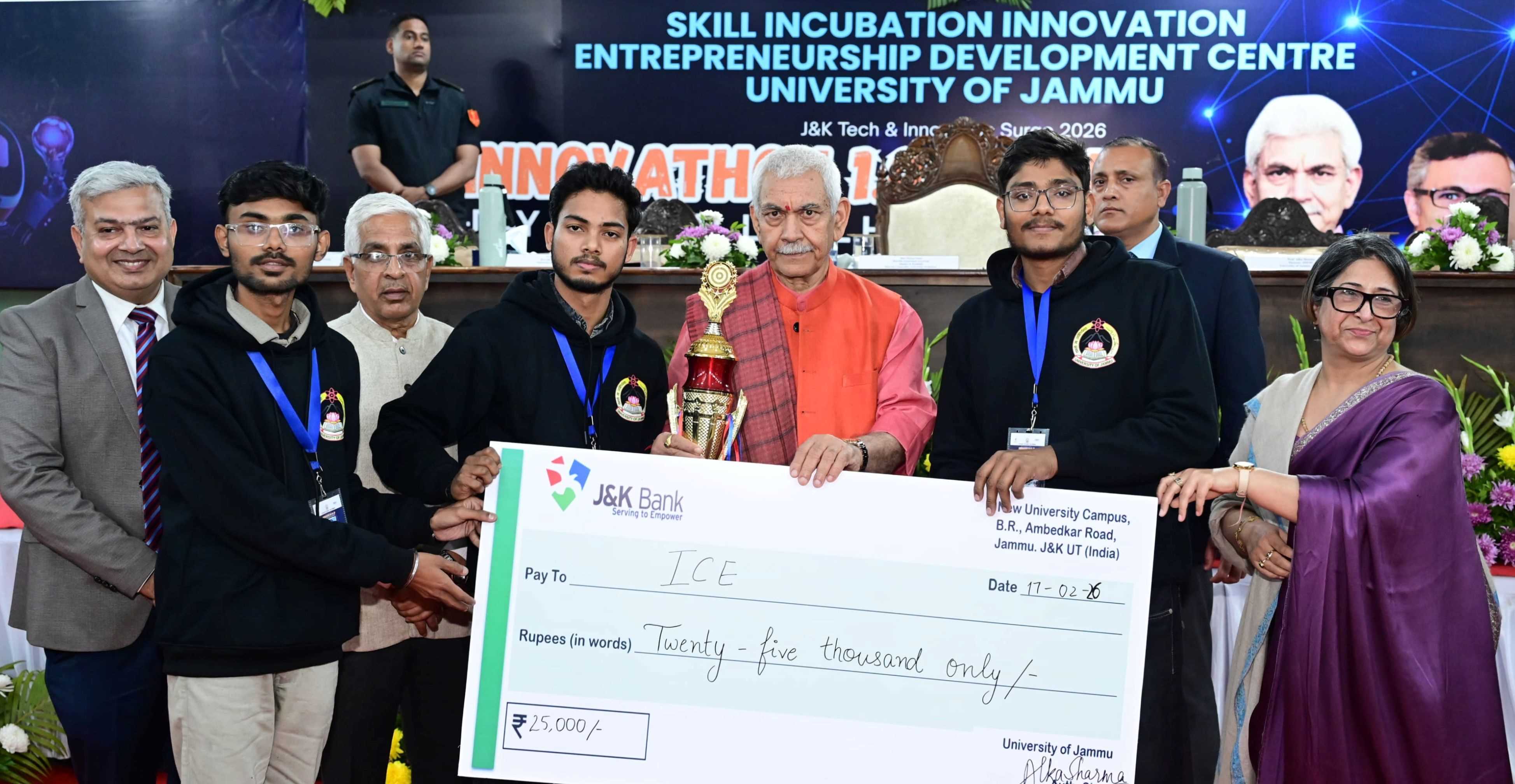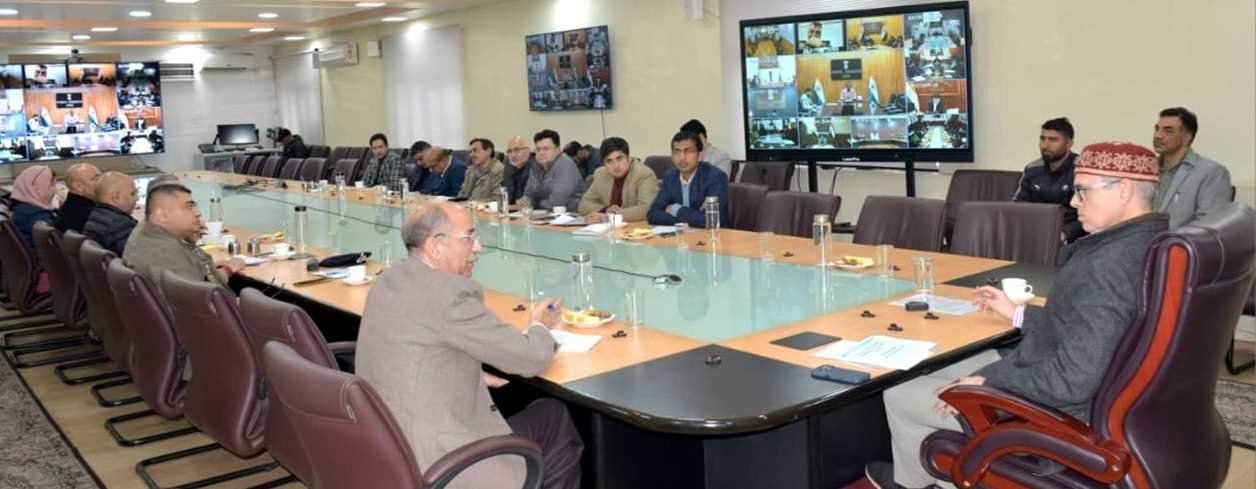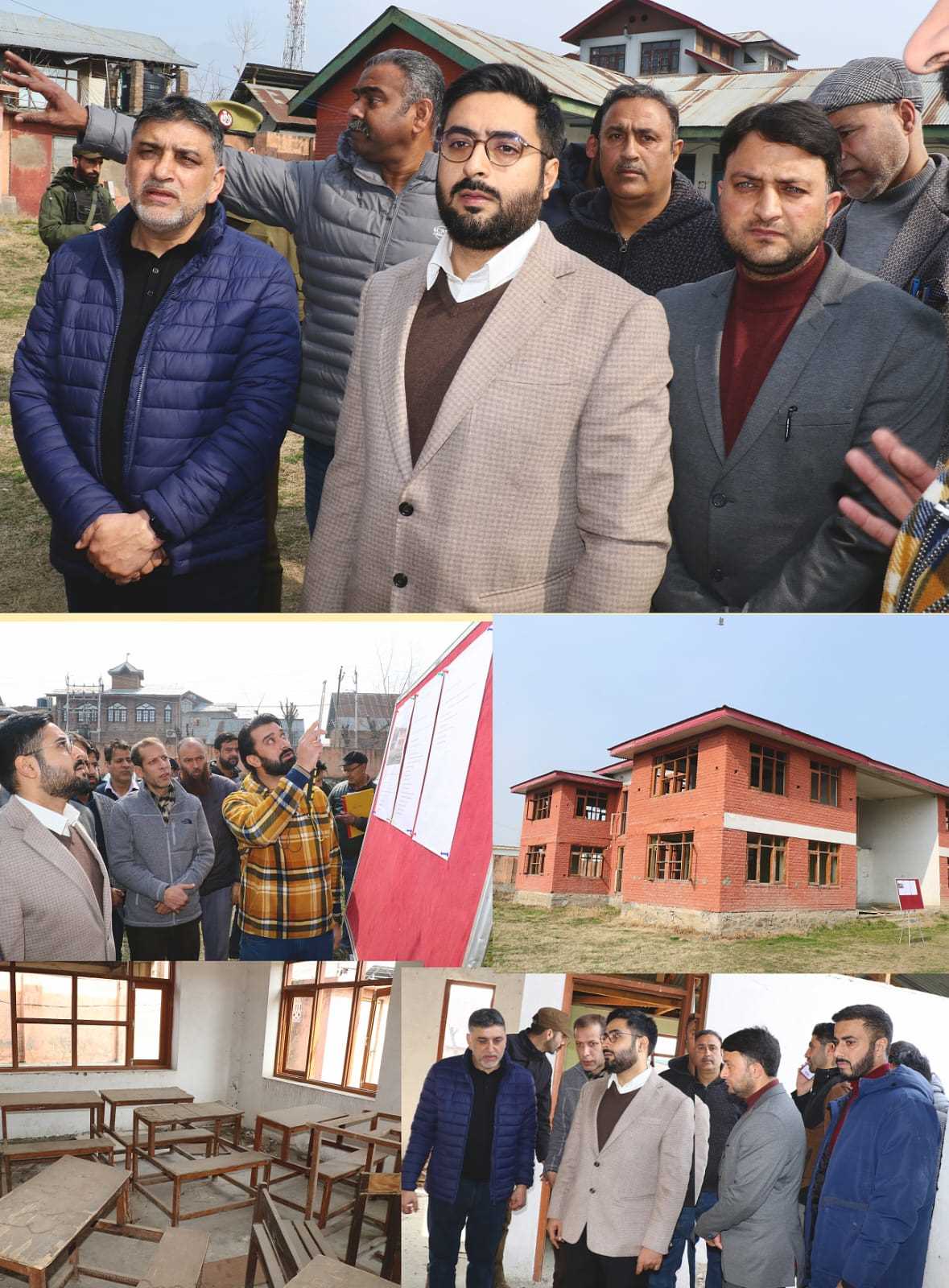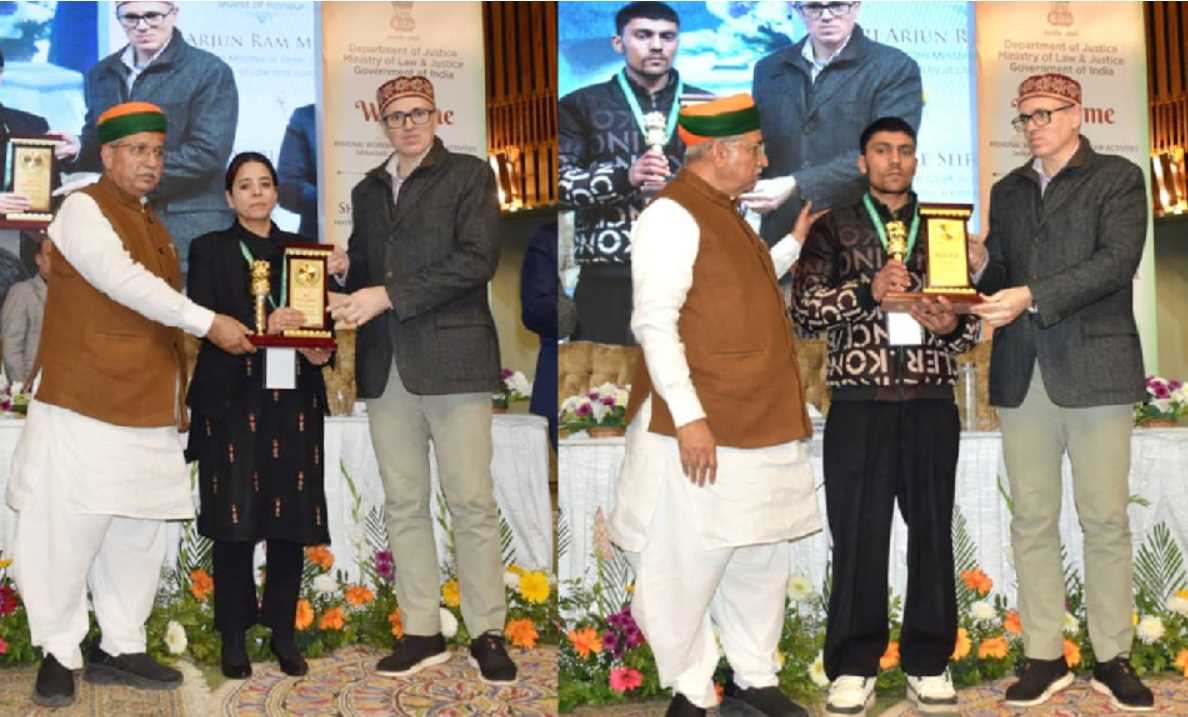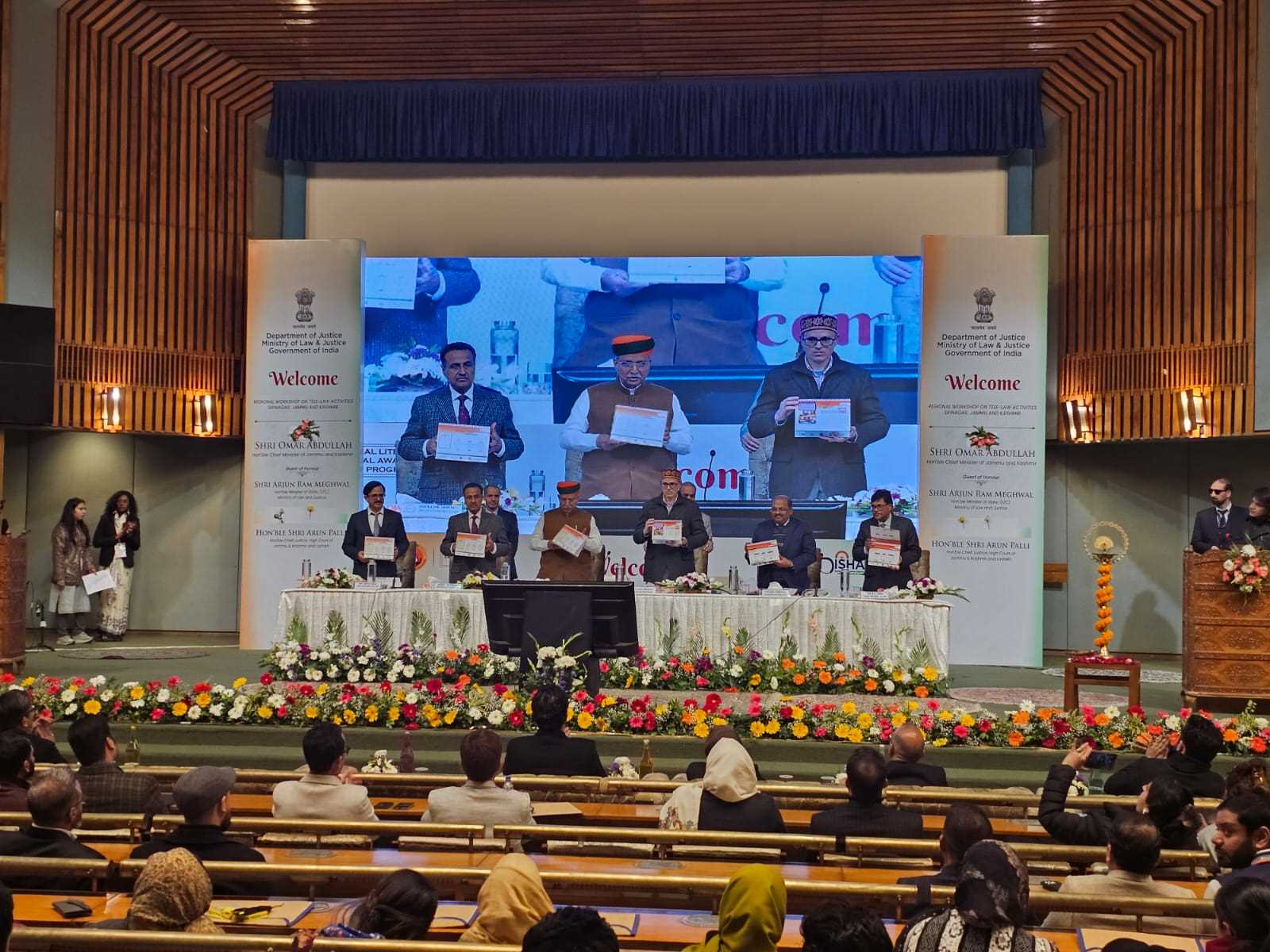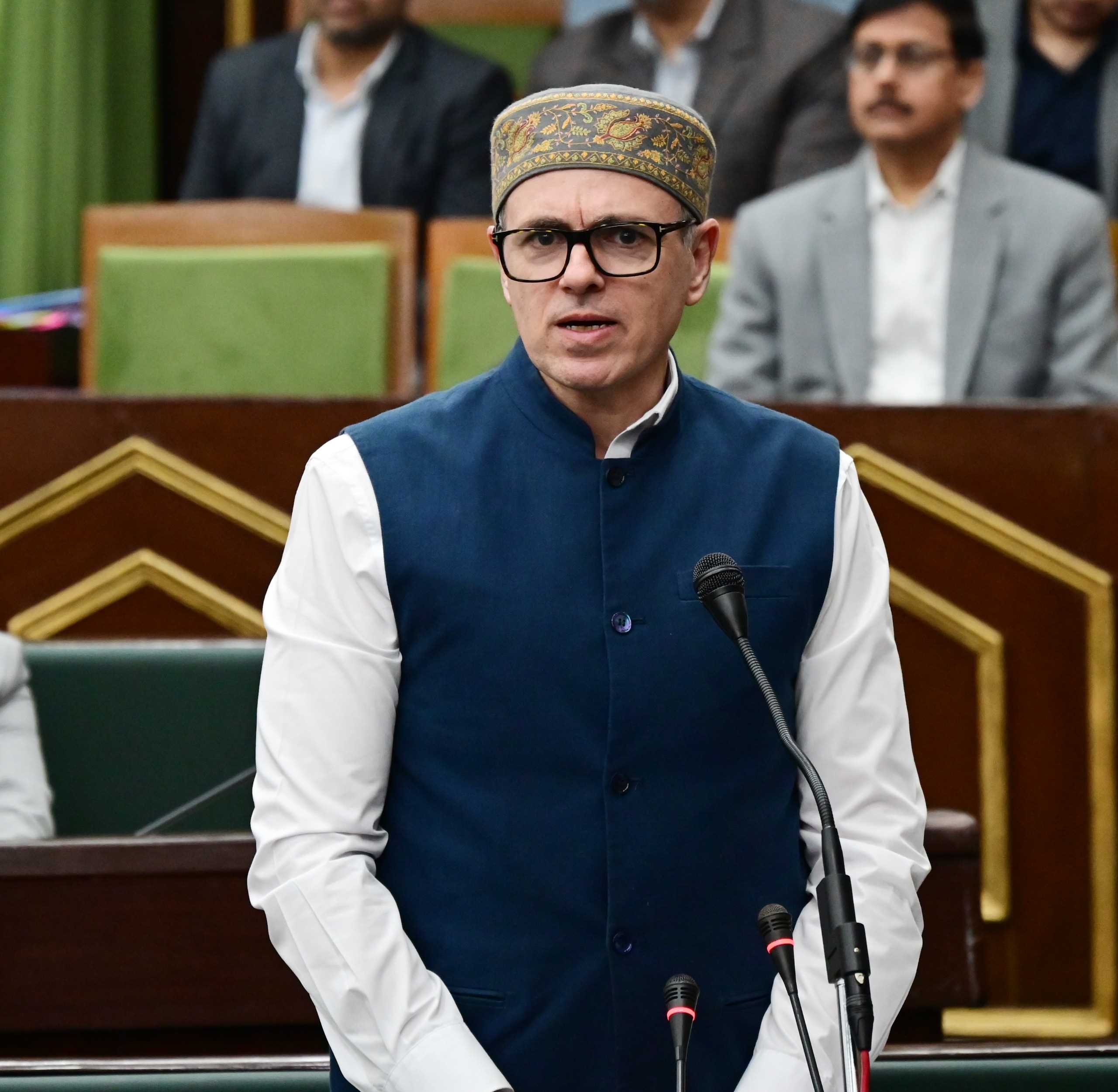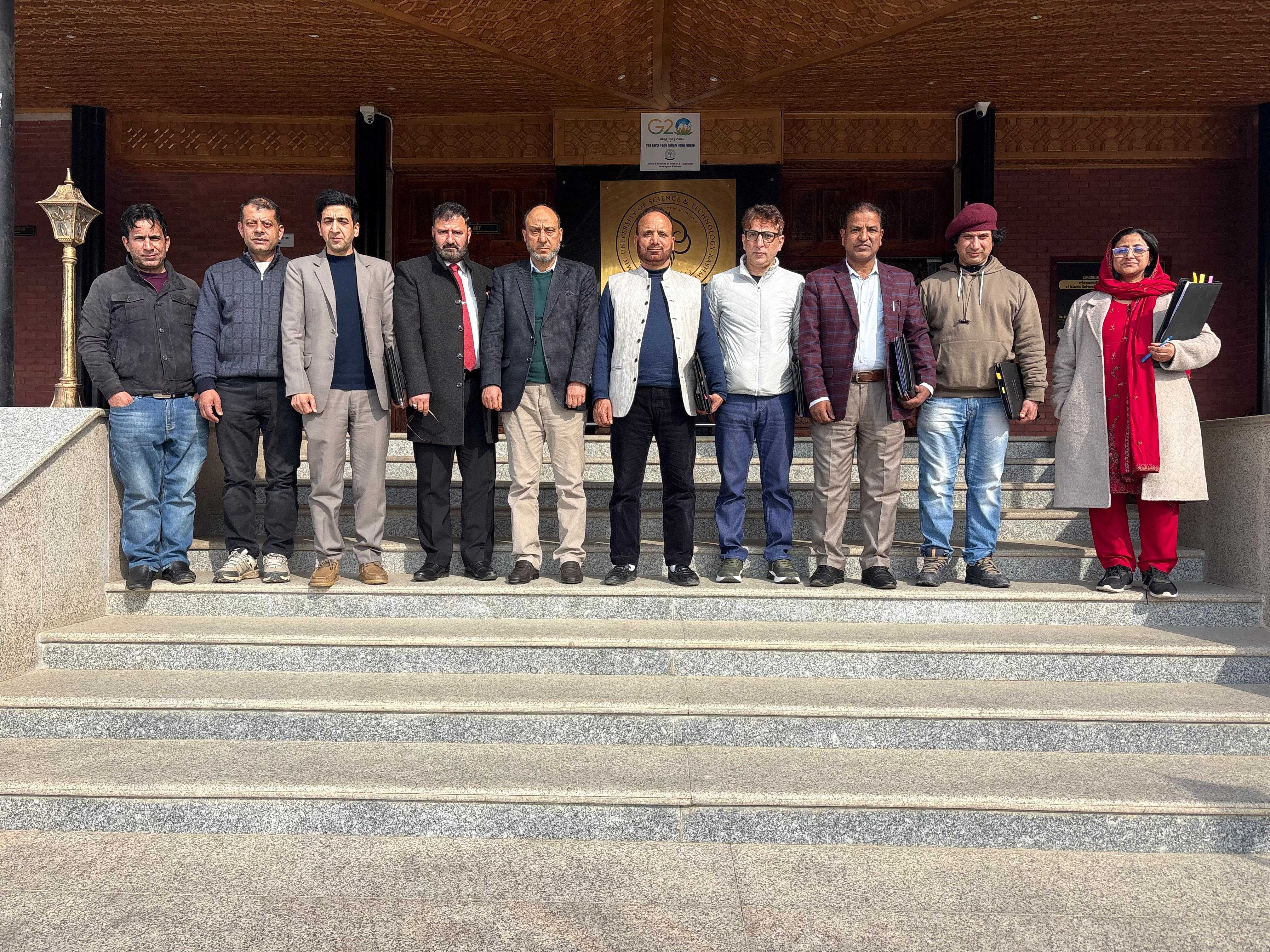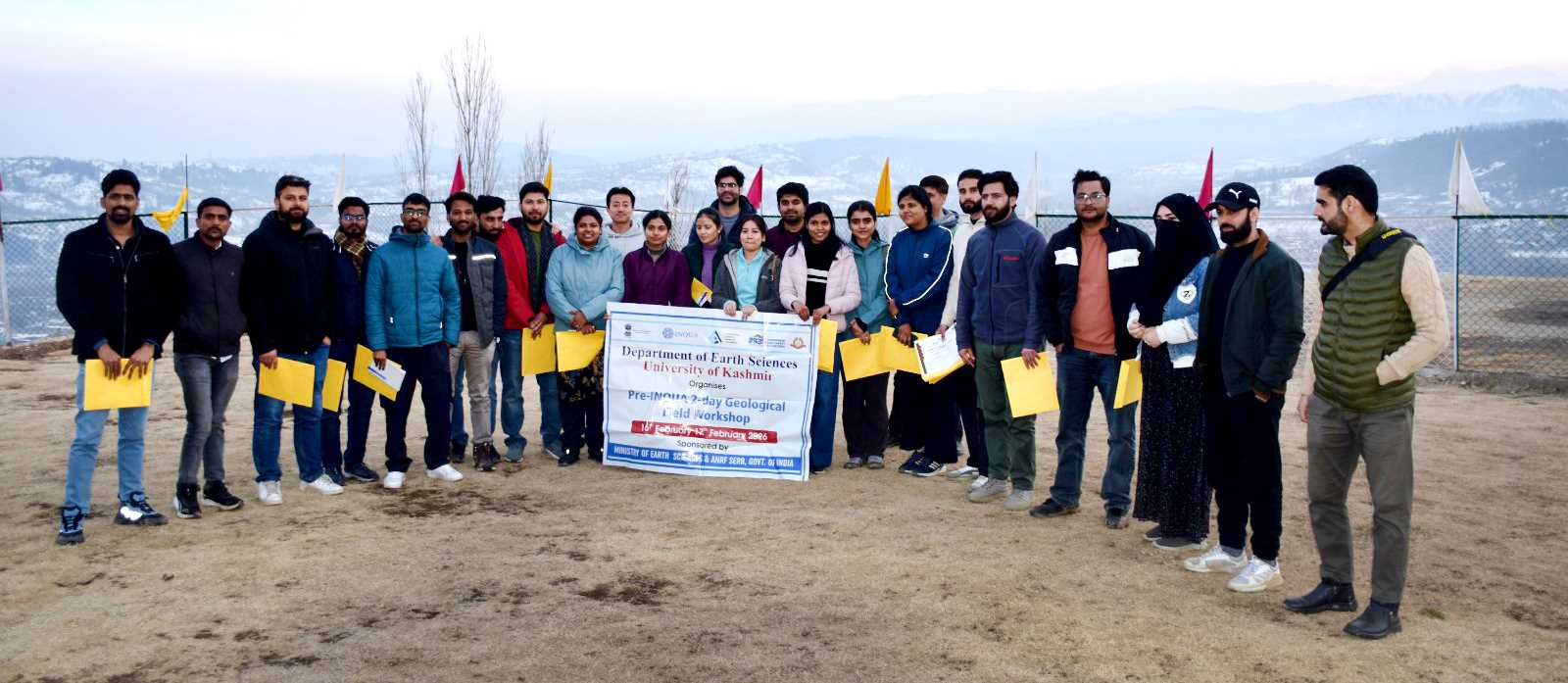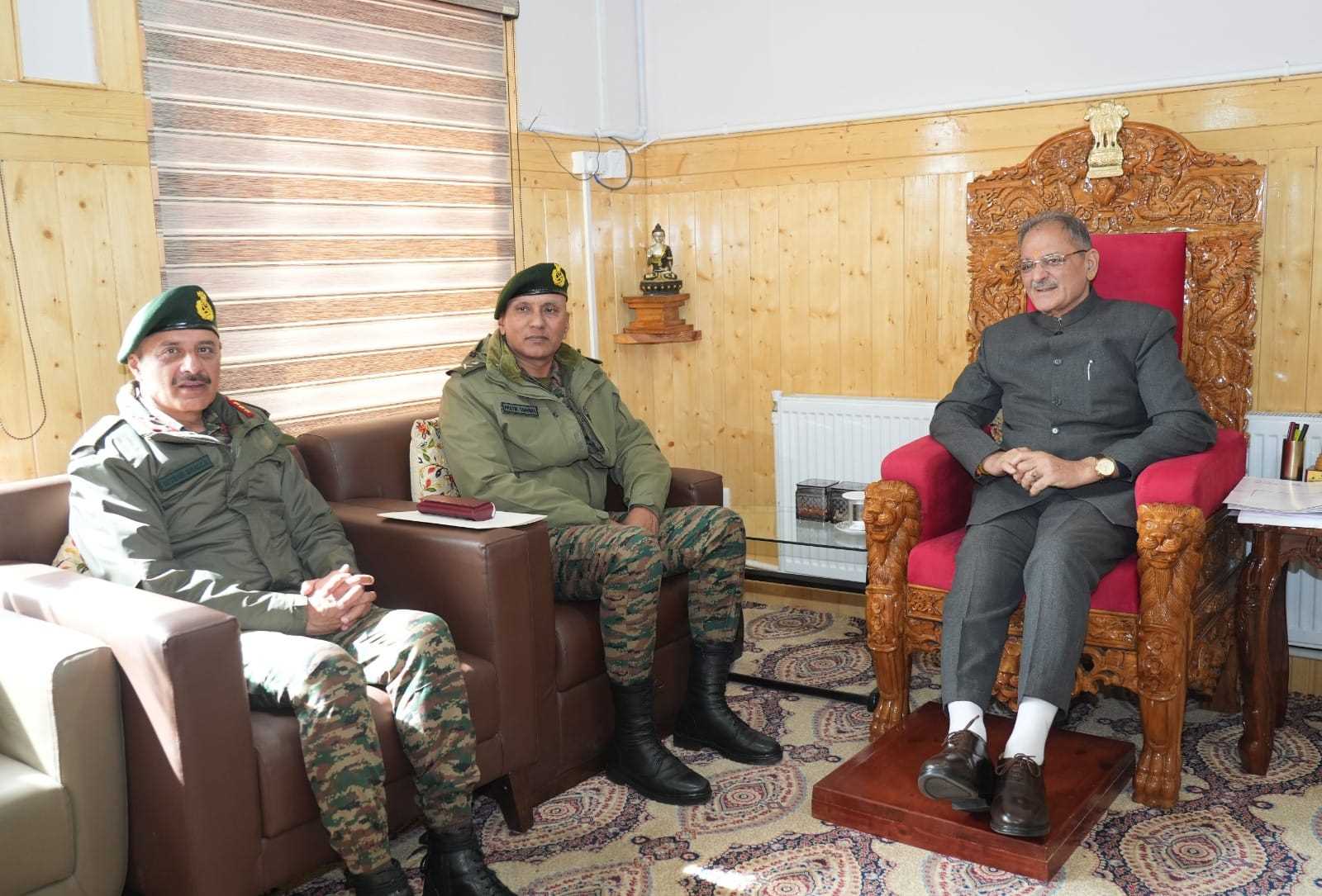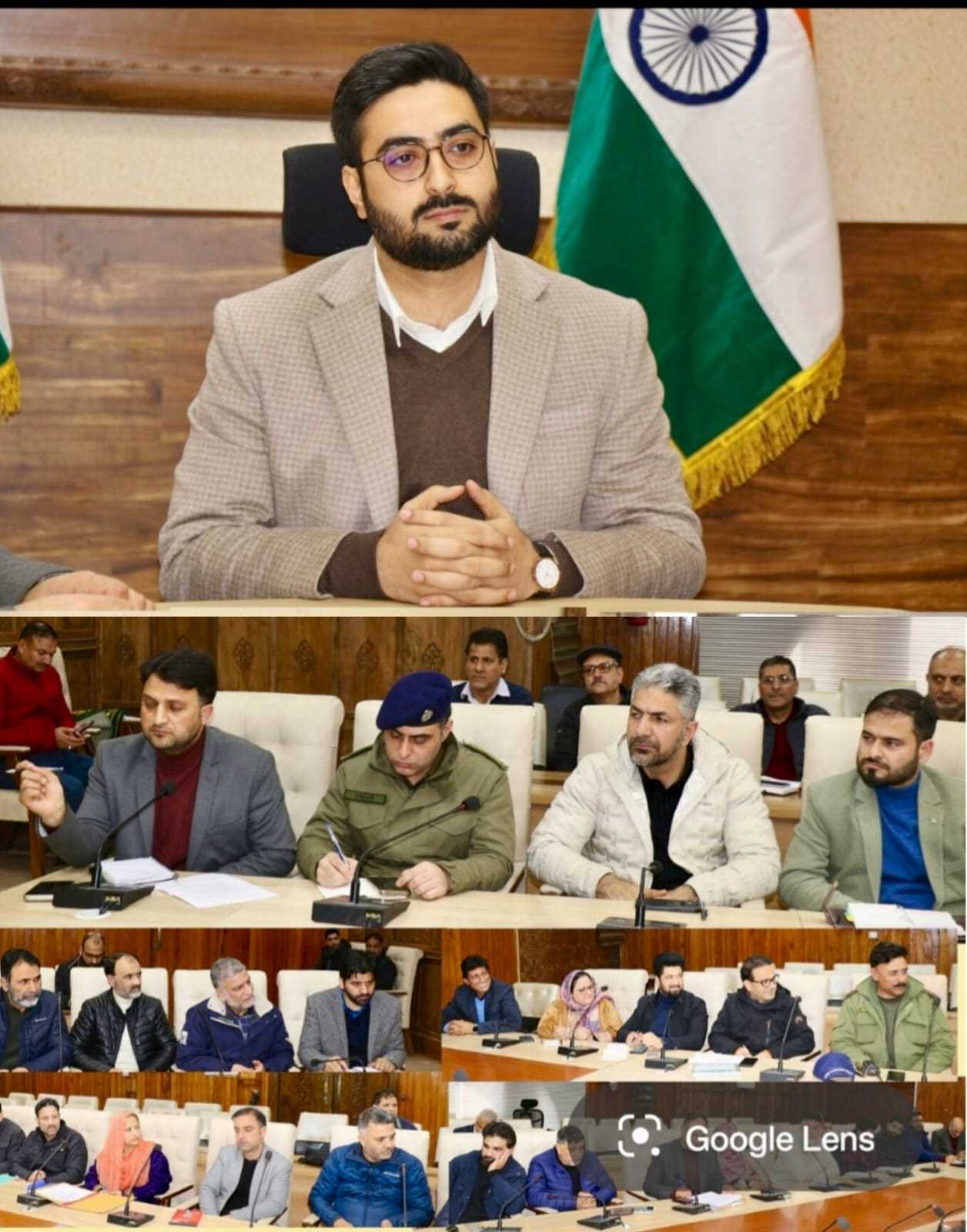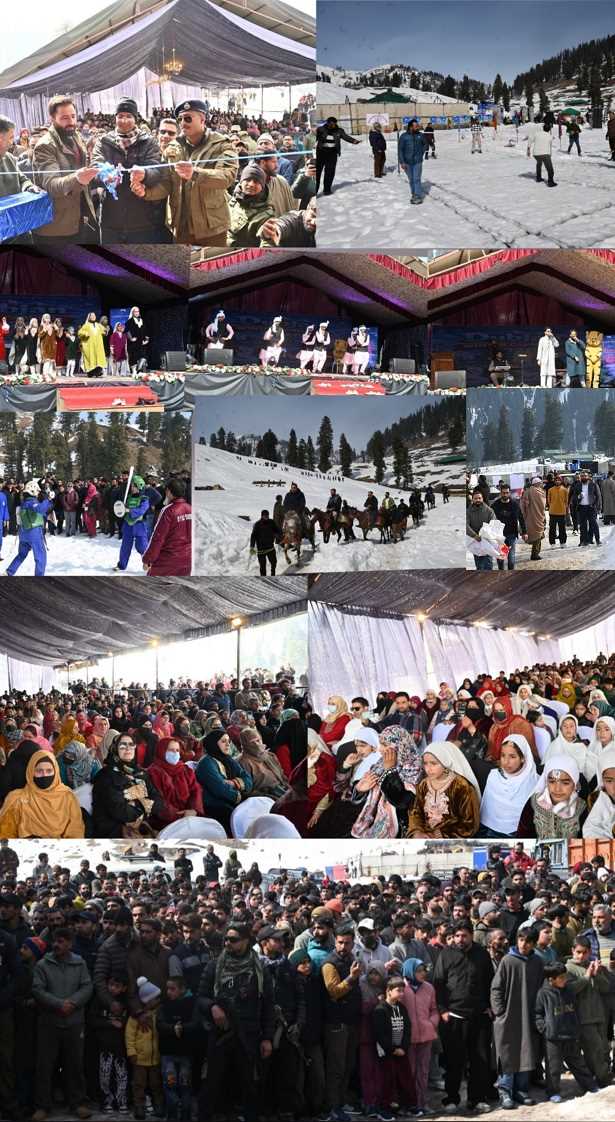Our mother tongue is Kashmiri. This is not just a fact; it is our identity. No matter what language we speak in our daily lives, the language of our land, our ancestors, and our heritage is Kashmiri. It defines who we are, not as a mere label but as an essential part of our cultural and emotional being.
But here lies a painful truth—many of us hesitate to speak Kashmiri. Why? Why do we feel embarrassed by our own language? Why do we deliberately distance our children from it? Why do we, in our own homeland, try to act like foreigners?
In most parts of the world, people take pride in their mother tongue. It is their first language, their means of expression, and their strongest cultural bond. Yet in Kashmir, we are witnessing an unfortunate trend: the decline of our native language. Instead of nurturing Kashmiri, we prioritize second and third languages, treating our mother tongue as something inferior. We push our children towards Urdu, English, or other languages while systematically erasing Kashmiri from their minds. The tragedy is that one day, our children may ask us, "What is our mother tongue?" And what will our answer be? Surely, not Urdu, Hindi, or English—these are learned languages, not the language of our roots.
The world celebrates International Mother Language Day to revive and promote native languages. Its purpose is clear: no language should be lost, no identity should fade. But in Kashmir, we are doing the opposite. Our commercial schools play a major role in this erasure, focusing on foreign languages while neglecting Kashmiri. We need to break this illusion and rekindle our connection with our language.
The mother tongue is not just a means of communication; it shapes thoughts, emotions, and intellectual development. Studies have shown that children who learn in their mother tongue perform better academically, think critically, and develop stronger cognitive skills. More importantly, language is the key to preserving culture. Every language carries unique expressions, emotions, and wisdom that cannot be fully translated into another language.
Our saints and poets—Sheikh-ul-Alam, Lall Ded, Habba Khatoon—gave us invaluable literature in Kashmiri. We revere them, we quote them, yet most of us cannot truly understand their words. Why? Because we have distanced ourselves from our own language. We appreciate Kashmiri culture, but without Kashmiri language, our culture is incomplete.
A few years ago, Kashmiri was introduced as a subject in schools across Jammu and Kashmir. But instead of making it a core subject, it was treated as optional. While government and rural private schools implemented it to some extent, urban schools largely ignored it. Worse, it was not made compulsory for exams, making the entire initiative ineffective.
But who is to blame? Not just the authorities, but us—the Kashmiri parents who never insisted on its importance. We never encouraged our children to speak Kashmiri, read Kashmiri literature, or embrace their linguistic roots. Why do we feel inferior speaking our own language? Why do we take pride in our children speaking English but not Kashmiri?
The government’s recent initiative to translate Environmental Science textbooks into Kashmiri is a commendable step. The National Education Policy (NEP) 2020 also stresses early education in the mother tongue. But policy alone is not enough. We, as a society, must take responsibility.
Speak Kashmiri at home. Language is learned through practice. If we don’t speak it, our children won’t learn it.
Encourage Kashmiri literature. Our language has a rich literary heritage that deserves recognition and promotion.
Push schools to teach Kashmiri as a primary subject. The government and educational institutions must ensure that Kashmiri is given due importance in the curriculum.
Take pride in our linguistic identity. Speaking English won’t make us British or American, just as avoiding Kashmiri won’t erase our Kashmiri identity.
If we lose our language, we lose our culture. And if we lose our culture, we lose ourselves. The time to act is now—before our children grow up asking, "What was our mother tongue?"
Let us reclaim our linguistic heritage. Let us speak Kashmiri with pride. Our language is not just a part of our history—it is our future.
Email:---------------------manzoormalik3@gmail.com


